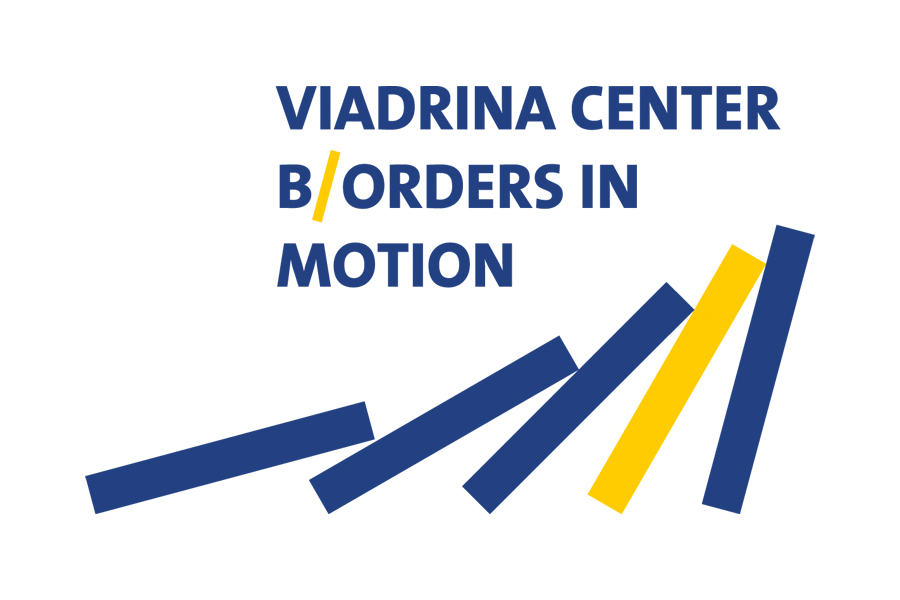Un/Certain borders (Scientific network)
details
Project lead:
- Dr. des. Dominik Gerst (Research Associate, University of Duisburg-Essen, Institute for Communication Science)
- Dr. des. Maria Klessmann (Research Associate, Viadrina Center B/ORDERS IN MOTION)
- Prof. Dr Hannes Krämer (Professor, University of Duisburg-Essen, Institute for Communication Science)
- Dr Sabine Lehner (Institute for Social Inclusion Research, St. Pölten UAS)
- Dr Peter Ulrich (Scientific Manager, Kommunalwissenschaftliches Institut, University of Potsdam)
- Dr. Christian Banse (Palliative Medicine Research Unit, University Medical Center Göttingen)
- Kamil Bembnista, M.A. (Department of Regional Planning, Brandenburg University of Technology Cottbus-Senftenberg)
- Dr. Annett Bochmann (Social Sciences, Humboldt-Universität zu Berlin)
- Dr. Ulla Connor (CEUS Junior Research Group Europe, Saarland University)
- Dr. Larissa Fleischmann (Institute of Geosciences and Geography, Martin Luther University Halle-Wittenberg)
- Dr. Concha Maria Höfler (School of Arts and Humanities, Nottingham Trent University)
- Dr. Paul Trauttmansdorff (Institute for Science and Technology Studies, University of Vienna)
- Daniela Triml-Chifflard, M.A. (Institute for Social Anthropology and Religious Studies, Philipps University Marburg)
Project duration:
since 2017
Project description:
The network poses the question of the dynamics between certainty and uncertainty in border (drawing) processes. The starting point is the complexity of borders diagnosed in the field of interdisciplinary border research, which can be understood as the plural coincidence of different border(s), whether political, territorial, ethnic, temporal, economic or linguistic. Looking at borders and from the borders offers the possibility of formulating an analytical approach from the edges, the breaks, the irritations and making it fruitful for various fields of research and their border cases. In addition to the analysis of borders as spatial phenomena, a wide range of research on socio-symbolic borders and border demarcation practices has been established in the social and cultural sciences, which will be systematically related to each other within the framework of the network work.
The assumption, based on empirical individual cases, that borders, under the conditions of their current complexity, produce uncertainties to a high degree, that conversely uncertainties lead to the drawing of borders and that these borders are therefore themselves uncertain, is what the network would like to use in its empirically based work for interdisciplinary theory building. Boundaries, which are often charged with ambiguous and, as it were, complex meanings, have very specific effects. One of these effects is the production of and the reaction to uncertainty/knowledge as well as the uncertainty/knowledge of the demarcation itself. This shows that the one marked difference that is made relevant at the border, and thus decides, for example, on inclusion and exclusion, can mean the transformation of an uncertain state into a certain state (or vice versa).
